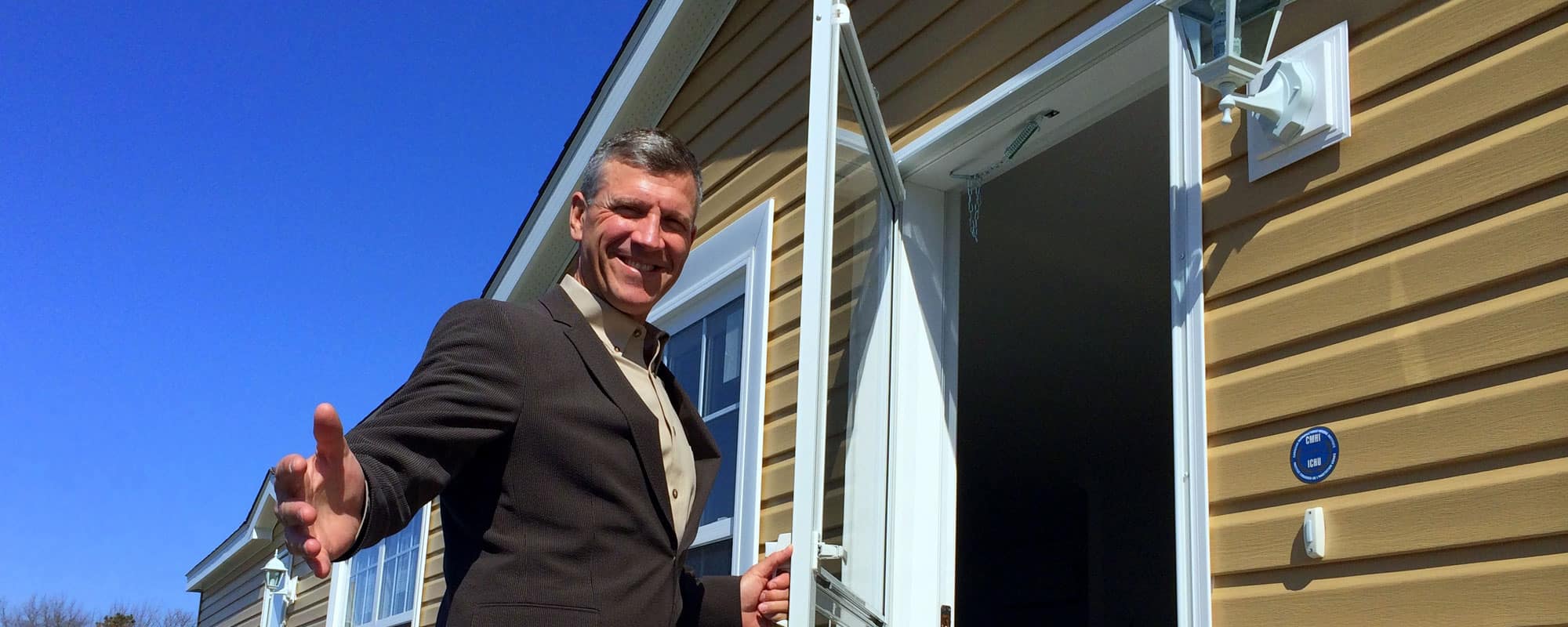
When you approach any financial institution to borrow money, whether that be to purchase a new home, a car, a speedboat or whatever, the first thing that they will do is pull up your credit report and check your credit score. If you have a higher credit score, you’re more likely to get approved for a loan. How high your score is may also determine the interest rate that you are offered—people with higher credit scores are typically offered lower interest rates, which is especially important in the current financial climate.
What is considered a good credit score?
Credit scores range from 300 to 900 points. A good credit score is considered to be between 660 to 724, with 725 to 759 being very good, and anything above that is considered excellent. There are two organizations in Canada that report credit scores, Transunion and Equifax. Several different reporting organizations place the average Canadian credit score at around 650. The minimum requirements to be approved for a CMHC (the Canadian Mortgage and Housing Corporation) insured mortgage, is 680. Given these figures, most people will have to do a little maintenance to their credit score in order to qualify for a mortgage.
What impacts your credit score?
There are five factors that affect a credit score:
- Paying your bills on time. If you are tardy paying your bills or miss minimum payments on your credit cards, this can cause an immediate drop in your credit score. Lenders are looking to see that you are responsible with the credit you already have, so not paying on time is a huge red flag to them.
- How much credit you are using. Your goal should always be to keep your credit utilization under 30% of what is available to you. Say you have a credit card with a limit of $10,000, you should try to never keep a running balance over $3,000.
- The length of your credit history. Lenders want to see that you’ve had longstanding relationships with other lenders, so be wary of canceling credit cards you’ve had for a long time, or chopping and changing credit cards etc.
- Your credit mix. For the purpose of your credit score, it is beneficial to have a mix of credit—such as student loans, car loans and credit cards. If you’ve only got one credit card, even if you’re really great at paying it off, this can reflect poorly on your credit score.
- How much credit you are applying for. Every time you apply for new credit of any kind, that enquiry is noted on your credit report and can stay there for up to two years, whether you proceed with the loan or not. This inquiry may not have a big effect on your overall rating, and is often necessary for situations like mortgage pre-approvals, but it is good to know this, should you suspect that your current score is hovering just around the minimum requirements. What will make a much larger impact is if you are extending your financial health too far, by financing too many purchases within your current income – furniture / electronics / appliance financing, car loans, student loans, credit cards, personal loans, etc. will all have an impact on your ‘debt-service’ ratio, which is what lenders will calculate when you seek a mortgage pre-approval. If you are currently financing more than your current income supports, you may need to pay down some debts first, before investing in a home.
How fast can you bring a credit score up?
Typically, you can make a considerable impact on your credit score within three to six months, and by making improvements as mentioned above, you can expect to raise your score between 10 and 20 points a month. It is much easier to see gains if you are working with a lower credit score, and harder to raise a higher score.
One thing that can make a fast improvement in your credit score is to find and correct any errors in your credit report. You can order physical copies of your report from both credit bureaus, or check your report online (this government webpage has all the info you need to do that). It’s not unheard of to discover glaring errors on your credit report, some of which may be easily fixed, especially if your name is a common one. The report shows if you have leftover credit accounts that you forgot to pay off, or if there are collections accounts you need to deal with. We should all check our credit reports annually to ensure that nobody has used our name to open credit accounts without our knowledge (common in identity theft).
Ways to build credit
One of the easiest ways to build more credit is to get an additional credit card if you only have one. Pick a low or no-fee card, then make a small purchase each month that you pay off in full. You can also increase the credit limit on your current card and ensure that you keep a low balance. This ensures that you always stay under 30% credit utilization.
Because you need to have a mix of credit when you are trying to build your credit score, there are a few ways outside of credit cards that you can help your credit score grow. If you are a renter, several companies offer the option to report your rental payments to the credit bureaus as a way to show you make regular, on-time payments. Borrowell and Billi both offer this as a service to customers who sign up for their financial planning apps (at a fee of around $5 per month). Although there is a fee, what’s great about this option is that you are not actually taking on more debt to build credit, or risking a ding to your credit report as these apps don’t need to check your credit score when you sign up and you can cancel anytime.
Another fairly new option is to take out a credit-building loan, which is offered by several financial institutions (including some credit unions and banks) as a way for you to build credit. They are great for people just starting to build up a credit score, or for those trying to undo a history of bad credit. How they work is through you borrowing a small amount, anywhere from a couple of hundred to 1,000 dollars, and making a small monthly payment over six to 24 months that is automatically deducted from your bank, and reported as an on-time credit payment to the credit bureaus.
With a little work, anyone can improve their credit score and their chances of being offered a mortgage. When you’re ready to apply for financing, we can connect you with people to talk that process through with, putting you a few steps closer to owning a beautiful new Kent Mini Home.







